
US conglomerate 3M Co is adding more production lines in China. (CHINA DAILY)
Export value rises
In addition to operating local businesses, foreign-funded companies in China saw their export value grow by 2.4 percent year-on-year to 6.87 trillion yuan from January to November last year, according to the General Administration of Customs.
After its sales revenue in China rose by 20 percent on an annual basis in 2021, Wilo Group, a German provider of pumps and pumping systems, plans to open a new plant in Changzhou, Jiangsu province, in the first half of this year. The company's products will be sold in the Chinese and Asia-Pacific markets.
Lyman Tu, Wilo's vice-president for China and Southeast Asia, said China will likely become the group's largest market this year.
According to a business report released last year by the Chinese Academy of International Trade and Economic Cooperation, a Ministry of Commerce think tank, China is able to reduce some of the manufacturing costs for domestic and global manufacturers, ranging from innovation and logistics to market development and obtaining raw materials.
On Dec 21, Danish shipping and logistics services provider A.P. Moller-Maersk said it would invest $174 million to build its first green and smart flagship logistics center in Shanghai. The facility is expected to be operational next year.
Last week, German express service provider DHL Express put its latest China gateway into operation in Wuxi, Jiangsu province.
Tian Haitian, general manager of the Jiangsu cluster for DHL Express, said the new gateway, located in the cargo terminal at Sunan Shuofang International Airport, will be a crucial part of the company's regional network in the Yangtze River Delta region and will facilitate global trade in China.
In addition to multinationals from developed countries, companies from developing and resource-rich nations are treating China as a priority market for their global expansion programs by adding investment and partnering with domestic companies to develop markets in two-way or multiple directions.
These companies include Indonesian ride-hailing and e-commerce enterprise PT GoTo Gojek Tokopedia, agricultural and retail business Charoen Pokphand Group Co, which is based in Thailand, and Ajlan &Bros Holding Group, or ABHG, a conglomerate based in Saudi Arabia.
Mohammed bin Abdulaziz Alajlan, deputy chairman of ABHG, said the company is looking forward to strengthening cooperation with Chinese partners this year in 5G, artificial intelligence, big data, biotechnology, financial technology and automation.
Lin Meng, director of the Modern Supply Chain Research Institute, which is part of the Chinese Academy of International Trade and Economic Cooperation, said that compared with other global markets, China boasts leading industries such as artificial intelligence, e-commerce and digital payment.
Such industries help foreign companies expand in China's advanced industrial cluster and increasingly efficient innovation hub. To enhance their earning strength, the companies have developed their business modes and engagement in China, Lin said.
Moreover, she said that with Chinese consumers' growing disposable income and willingness to spend, there is strong demand for international brands. For example, China is a lucrative and key market for luxury companies.
In addition to markets for high-end consumer and industrial goods, the mid-market has become highly competitive in China, with multinationals entering this field with more capital and sales staff members.
Dong Yan, a researcher at the Chinese Academy of Social Sciences' Institute of World Economics and Politics, said this situation has forced domestic businesses to take different approaches to compete with overseas competitors.
For example, domestic companies, particularly those in the soft drinks and beauty sectors, have constantly drawn insights from consumer feedback to improve products and accelerate new product launches to discover best-selling items. By going digital, they have gradually gained a foothold in markets dominated by companies such as Starbucks, Coca-Cola and Unilever, Dong said.
This trend has inspired foreign companies to learn how a new brand or specific product creates good growth value in a mature market, she added.








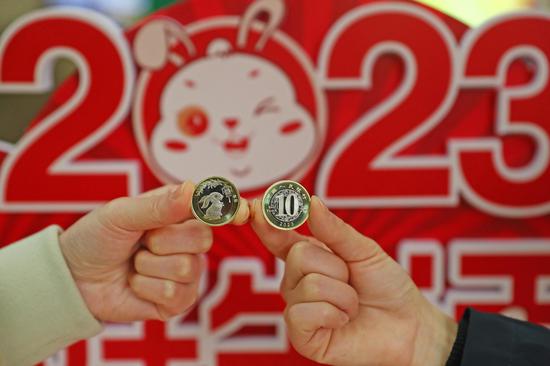

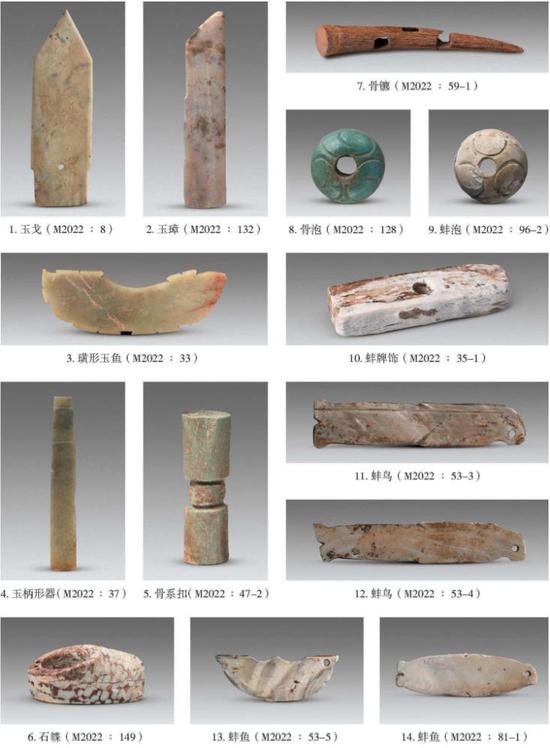

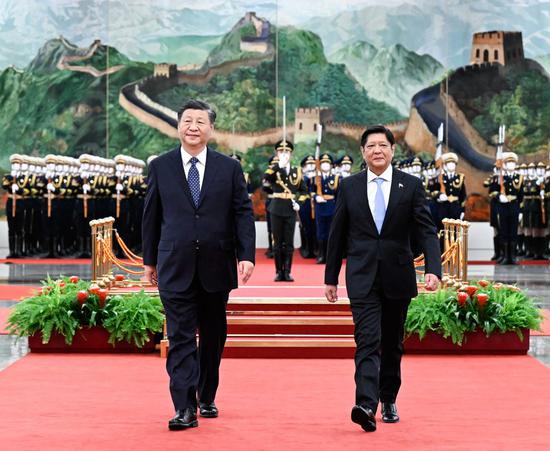
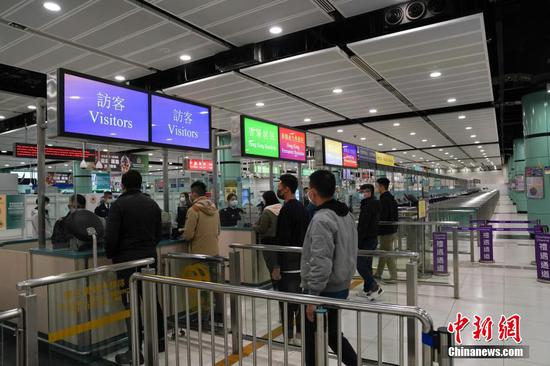

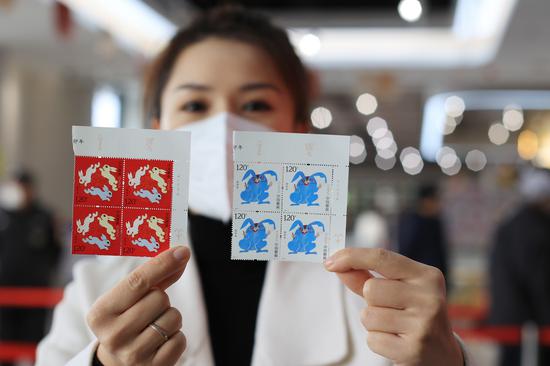


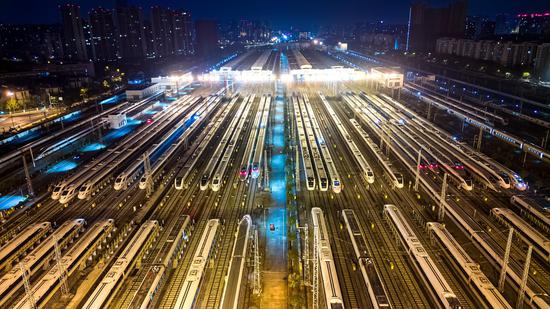
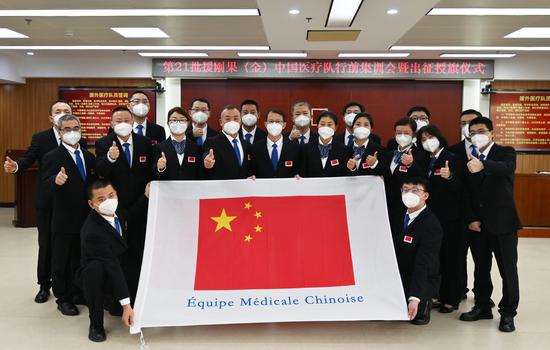





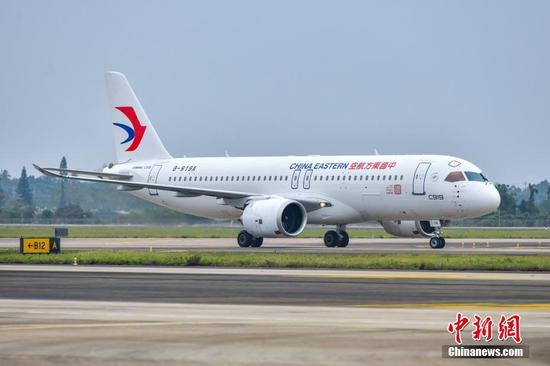


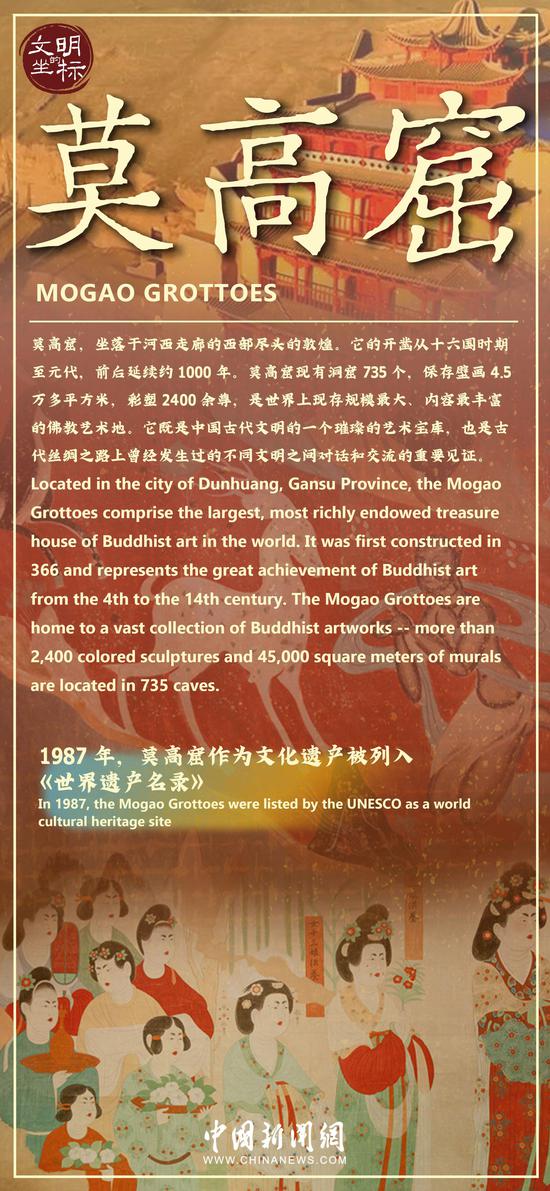
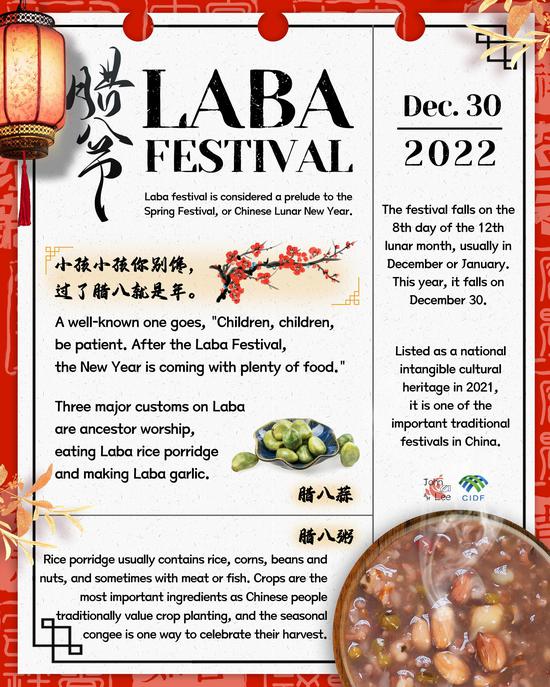

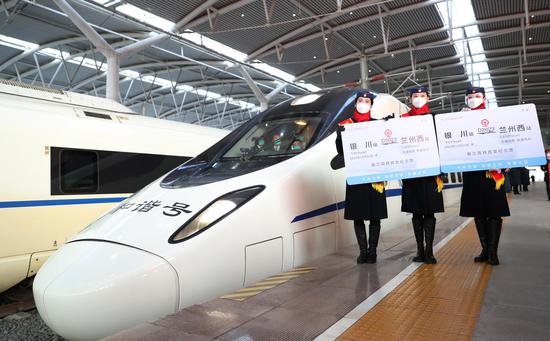


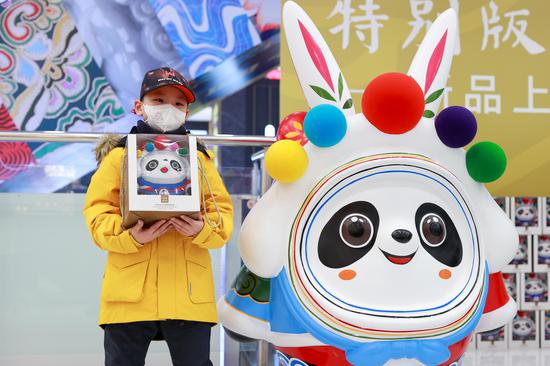
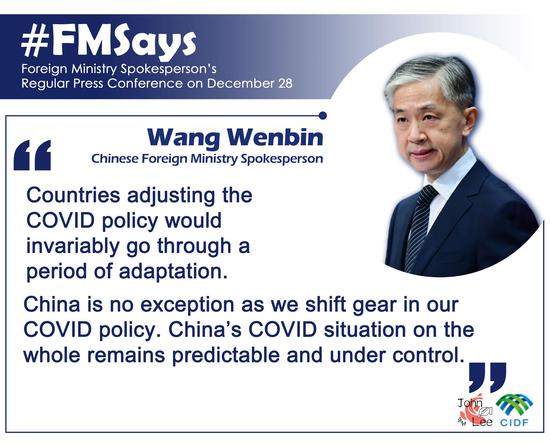
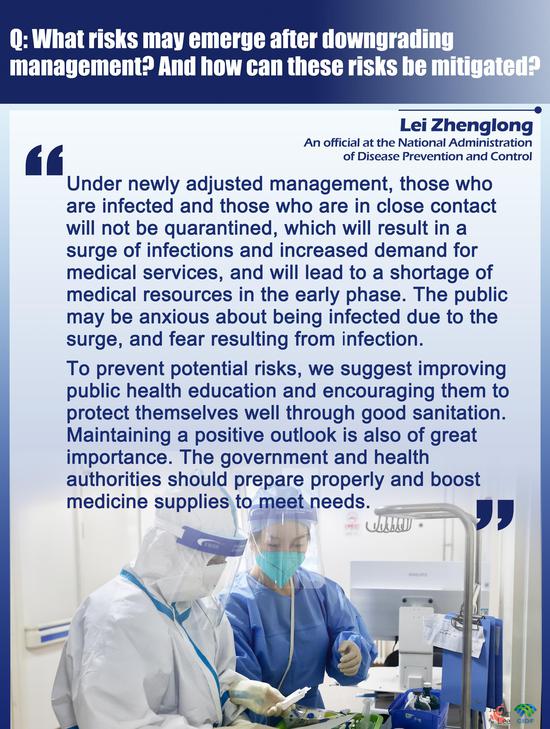




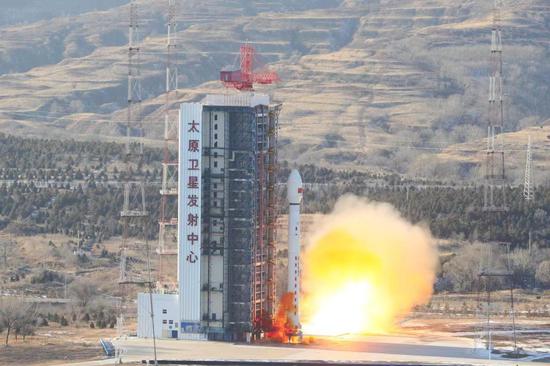

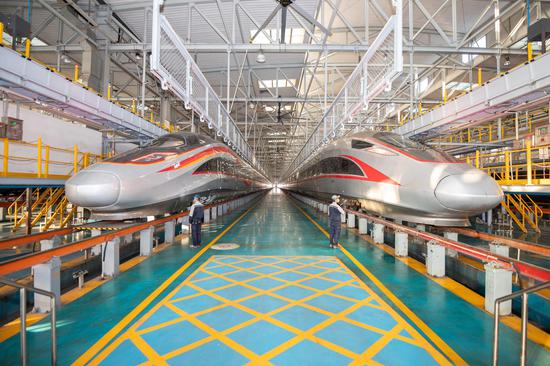
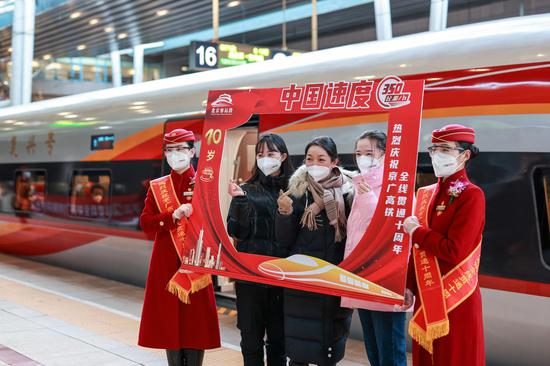





 京公网安备 11010202009201号
京公网安备 11010202009201号